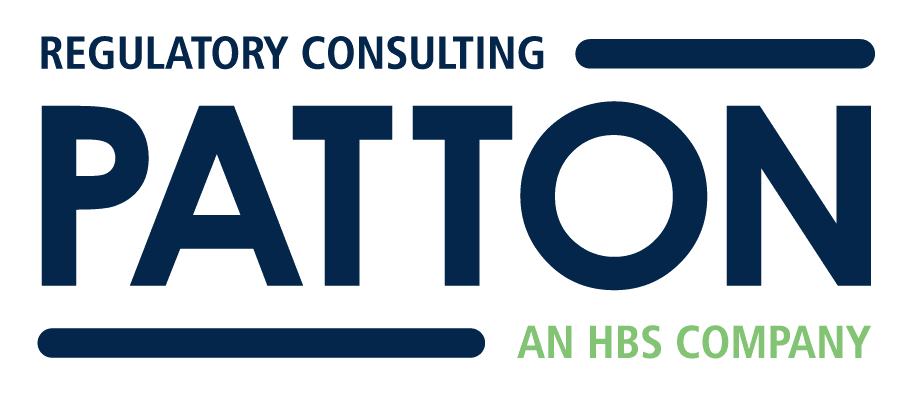In September, CMS published QSO-19-18 addressing rural health clinic emergency medications. In the memo, CMS states that these requirements will apply to Federally QualifiedHealth Centers (FQHC’s). Further, they identify five drug categories that rural health clinics should have for “common lifesaving procedures.”
Rural Health Clinic Emergency Medications
The drug categories include:
- Analgesics
- Local anesthetics
- Antibiotics
- Anticonvulsants
- Antidotes, emetics serums, and toxoids
Although CMS states that rural health clinics must consider each category of drugs, not all need storage. For example, take an antivenin for a poisonous snake. CMS states that when located in an area that does not experience this poisonous snake, it may not be necessary to store that antivenin.
Also, CMS advises clinics to analyze three areas:
- Patients’ medical history
- Accepted standards of practice
- Community history
In fact, this analysis should drive policies and procedures for determining which medications to store.
In addition, they need to address the process and individual(s) responsible for making this determination. Lastly, the RHC should be able to provide a complete list of drugs/biologicals currently stored and the quantities of each.
While many hospitals own rural health clinics, CMS has its own standards for evaluating the clinic in isolation. For example, your hospital pharmacy might be responsible for providing medications to the clinic. And, your emergency management team might include them in their EM plan meet to meet these requirements.
Emergency Medications – Next Steps
To remain compliant determine which medications to store in these five categories. And, define the quantities that must be available. Plus, take these additional steps:
- Identify an organizational leader as the point person to lead the analysis effort.
- Develop a policy and procedure for creating your emergency drug list. Also establish a process to ensure an annual review.
- Identify the par levels of rural health clinic emergency medications in a stand-alone document.
- Make sure you maintain the par levels that you identified in your list
Patton Healthcare Consulting
Patton Healthcare Consulting provides Joint Commission Compliance Assistance and a full range of pre-survey and post survey services.
Contact our office at 888-742-4621, via email or through our website contact page to schedule a discussion of your needs and learn more about our compliance and readiness expertise.


 New Perinatal Safety Standards
New Perinatal Safety Standards
Leave a Reply